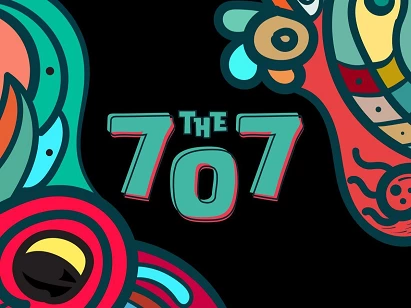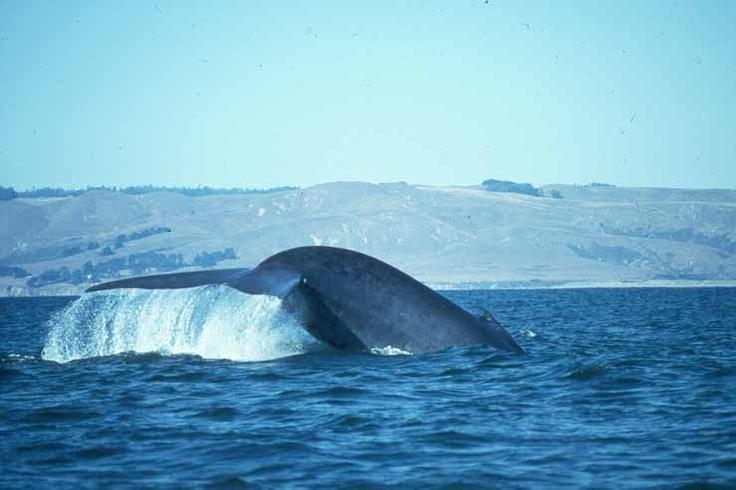Depending on the time of year, visitors to the coastline can observe a great marine mammal migration; particularly that of the California Gray whale. Many marine mammals, including seals, sea lions, blue whales, and dolphins can be seen at different times of the year right from shore.
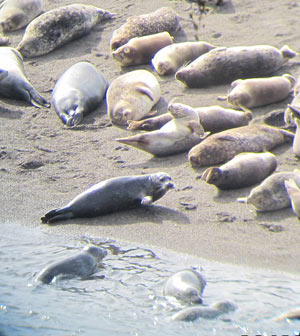
When visiting the coast you may come across a live seal or sea lion on a beach or someplace that may not seem safe for you or the animal. Marine mammals will often land themselves on a beach for warmth. These “haul outs,” as they are called, are normal behavior and crucial for their survival.
Beach standings, however, can occur during pupping seasons, or during high surf and rough ocean conditions. Sometimes, stranded pups are malnourished from not fully learning how to feed themselves. A parasitic issue; or disease processes like leptospirosis, domoic acid poisoning, and pneumonia can also cause stranding. Other times, the animal may have been injured by boat props, netting entanglement, or a shark bite. So it's VERY important to report any perceived stranding so that professionals can make an assessment.
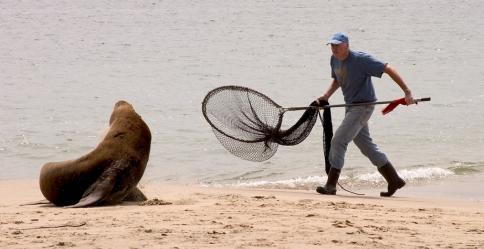
After receiving a call, Marine Mammal Center staff and park rangers locate the stranded animal. In the case of a healthy animal, they place signs out at a safe distance (50 to 100 feet) from it so can return to the water on its own.
Sick or injured animals get rescued and taken to the Marine Mammal Center for further treatment, rehabilitation and are ultimately released back into the ocean.
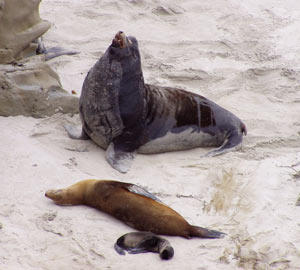
Sonoma County’s most visible species are the California Sea Lion (Zalophus californianus), the Northern Elephant Seal (Mirounga angustriostris,) and the Pacific Harbor Seal (Phoca vitulina richardii.)
Did you know? Male elephant seals can weigh as much as four-and-a-half thousand pounds and California Sea Lion males can weigh as much as 850 pounds.
This is why it is important to keep your distance. Besides, these are federally protected species and it is illegal to harass, touch, or injure them.
To report a stranded marine mammal in California, call the Marine Mammal Center’s 24-hour hotline: 415-289-SEAL (7325).
Learn the Seven Steps to Help a Stranded Marine Mammal.
This story was written with input from the Marine Mammal Center and County Park Rangers Sue Bechtel and Jeff Mazzeo.
Learn how to become a parks member.

 Live Radio
Live Radio



